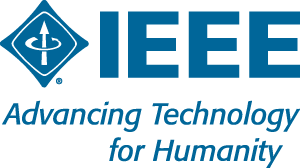Billions of devices and sensors ranging from user gadgets to more complex The number of Internet-of-Things (IoT) devices is predicted to reach 38.6 billion by 2025. These connected devices, ranging from user devices to more complex systems, such as vehicles and power grids, are equipped with sensing, actuating, communication, processing, and storage capabilities, and they generate huge amounts of data of various types. However, the need to operate the scale of heterogeneous IoT devices while being performance-efficient in real-time is challenging. Typically, the data generated by the IoT devices are transferred to and processed centrally by services hosted on geographically distant clouds. This is untenable given the communication latency incurred and the ingress bandwidth demand.
A new and disruptive paradigm spear-headed by academics and industry experts is taking shape so that applications can leverage resources located at the edge of the network and along the continuum between the cloud and the edge. These edge resources may be geographically or in the network topology closer to IoT devices, such as home routers, gateways, or more substantial micro data centers. Edge resources may be used to offload selected services from the cloud to accelerate an application or to host edge-native applications. The paradigm within which the edge is harnessed is referred to as "Fog/Edge computing".
The Fog/Edge computing paradigm is expected to improve the agility of service deployments, to allow the usage of opportunistic and cheap computing, and to leverage the network latency and bandwidth diversities between these resources. Numerous challenges arise when using edge resources, which require the re-examination of operating systems, virtualization and containers, and middleware techniques for fabric management. New abstractions and extensions to current programming and storage models are necessary to allow developers to design novel applications that can benefit from massively distributed and data-driven edge systems. Addressing security, privacy, and trust of the edge resources is of paramount importance while managing the resources and context of mobile, transient and hardware-constrained resources. The integration of edge computing and 5G will also bring new opportunities and unique challenges. Enabling machine/deep learning at the edge is critical for many applications. Lastly, emerging domains like autonomous vehicles and smart health need to be supported by fog and edge resources.



